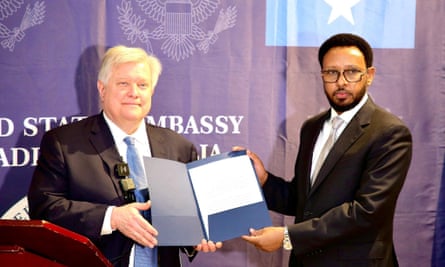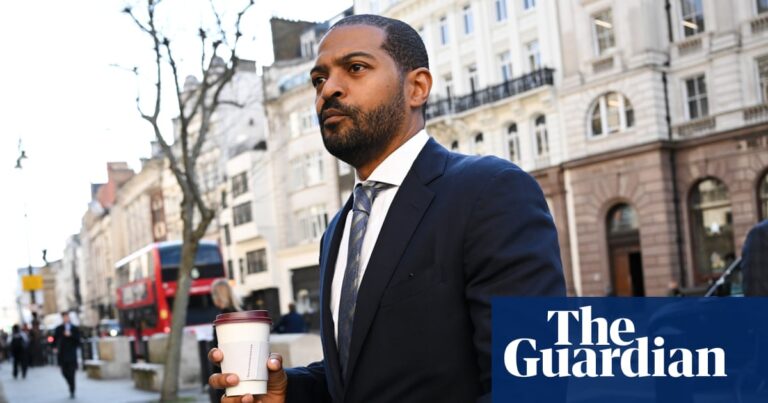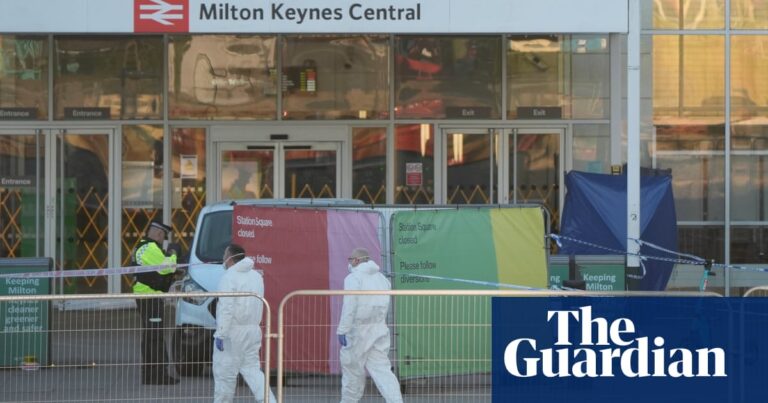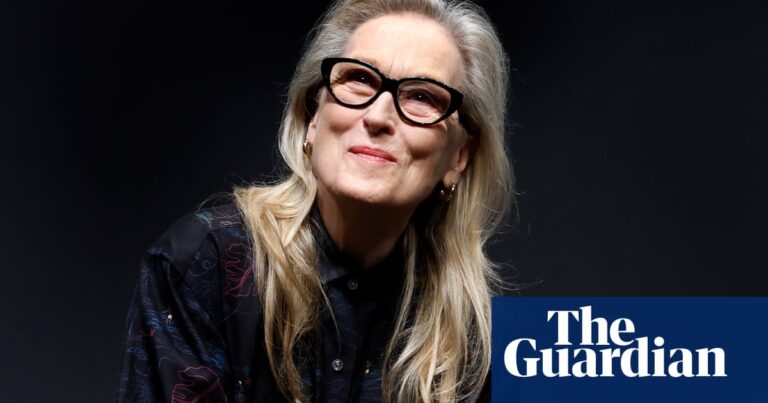Somalia has announced that more than $1.1bn (£860m) of outstanding loans will be cancelled by the US, a sum representing about a quarter of the country’s remaining debt.
The announcement is the latest in a series of agreements in which Somalia’s creditors have committed to forgiving its debt obligations.
Most of Somalia’s debt had built up during the era of Siad Barre’s military dictatorship, which collapsed in the early 1990s and triggered a ruinous three-decade civil war.
Somalia’s president, Hassan Sheikh Mohamud, said the country had been “suffocating under the huge weight of unsustainable debt” as interest payments that could not be paid accrued “during the painful, prolonged period of state collapse”.
On Tuesday, the US and Somalia signed an agreement formalising debt cancellation worth $1.14bn.
In a post on X, Somalia’s finance minister, Bihi Egeh, expressed gratitude, thanking the “US government and people for their unwavering support of our economic reforms and growth”.
Mohamed Shire, director general of Somalia’s Ministry of Planning, Investment and Economic Development, hailed the “historic” agreement, adding that it was more “excellent news for Somalia’s ongoing recovery effort”.
In a tweet on X, Mohamed Dubo, head of the Somali government’s official investment promotion office, posted: “Somalia can now face its future UNCHAINED.”

The US was Somalia’s largest bilateral lender, holding approximately a fifth of Somalia’s total debt in 2018, prior to the beginning of its debt-relief efforts, according to IMF figures.
Speaking at the embassy in Mogadishu, where the announcement was made, the US ambassador, Richard Riley, described it as a “great day” for both countries.
“This was the largest single component of the $4.5bn debt that Somalia owed to various countries, which was forgiven through the Heavily Indebted Poor Countries Initiative [HIPC].”
The initiative is an economic and financial reform programme led by the IMF and the World Bank, aimed at relieving the poorest countries of unsustainable debt levels. In December 2023, Somalia announced that after completing its HIPC programme it had become eligible for $4.5bn in debt relief, and normalised its relationship with international financial institutions after decades of exclusion.
Riley said: “With support from the United States and our partners, Somalia undertook a host of reforms, passing new laws, changing operational practices, and bringing improved accountability to its finances while transitioning to sustainable practices.”
In March, the Paris Club, a group of some of the world’s wealthiest creditor countries, announced that it would also waive 99% of $2bn Somalia owed its members. According to the World Bank, this reduced Somalia’s external debt from “64% of GDP in 2018 to less than 6% of GDP by the end of 2023”.
That was followed in June by another agreement with the Opec Fund for International Development, which cleared $36m Somalia owed, with a bridging loan provided by Saudi Arabia. “The signing of today’s agreement will also unlock new resources from the Opec Fund for our national development,” Egeh said at the time.
Harry Verhoeven, an expert on the political economy of the Horn of Africa, said Somalia’s debt forgiveness was “meaningful” as it “enables Somalia to more readily access public financing” from multilateral development banks. However, he said private creditors were likely to remain cautious due to lingering concerns about “financial governance and political instability”.
Source: theguardian.com


















